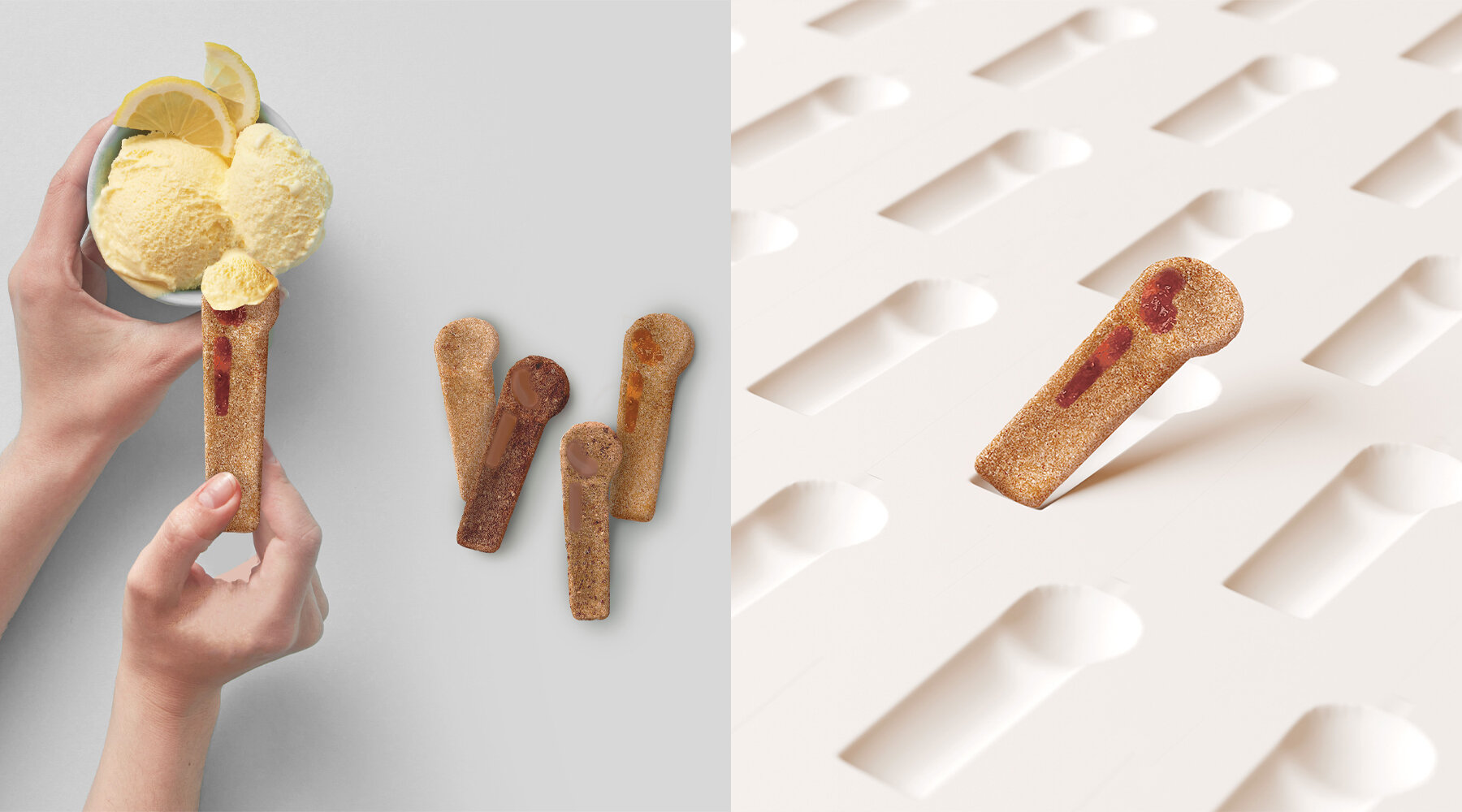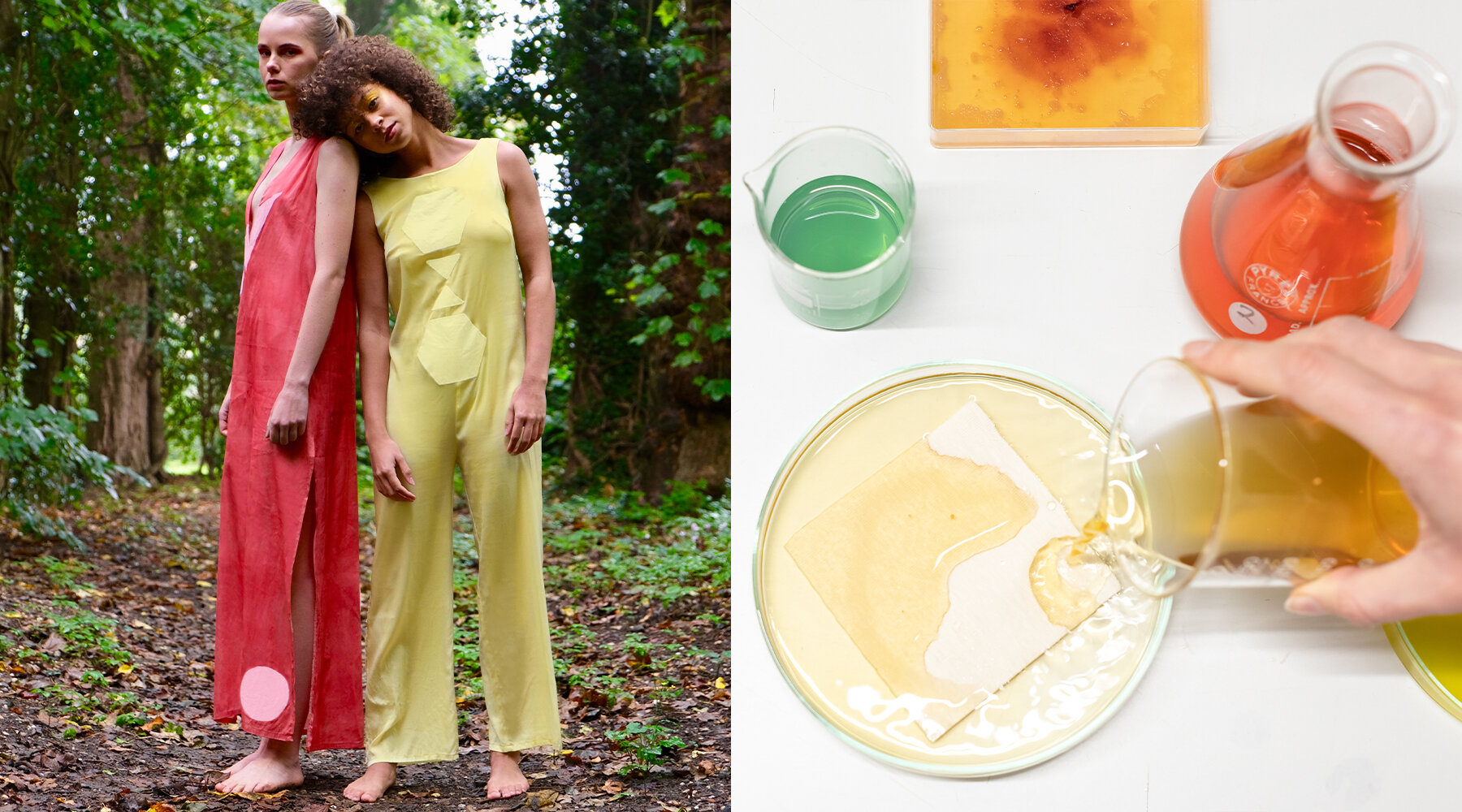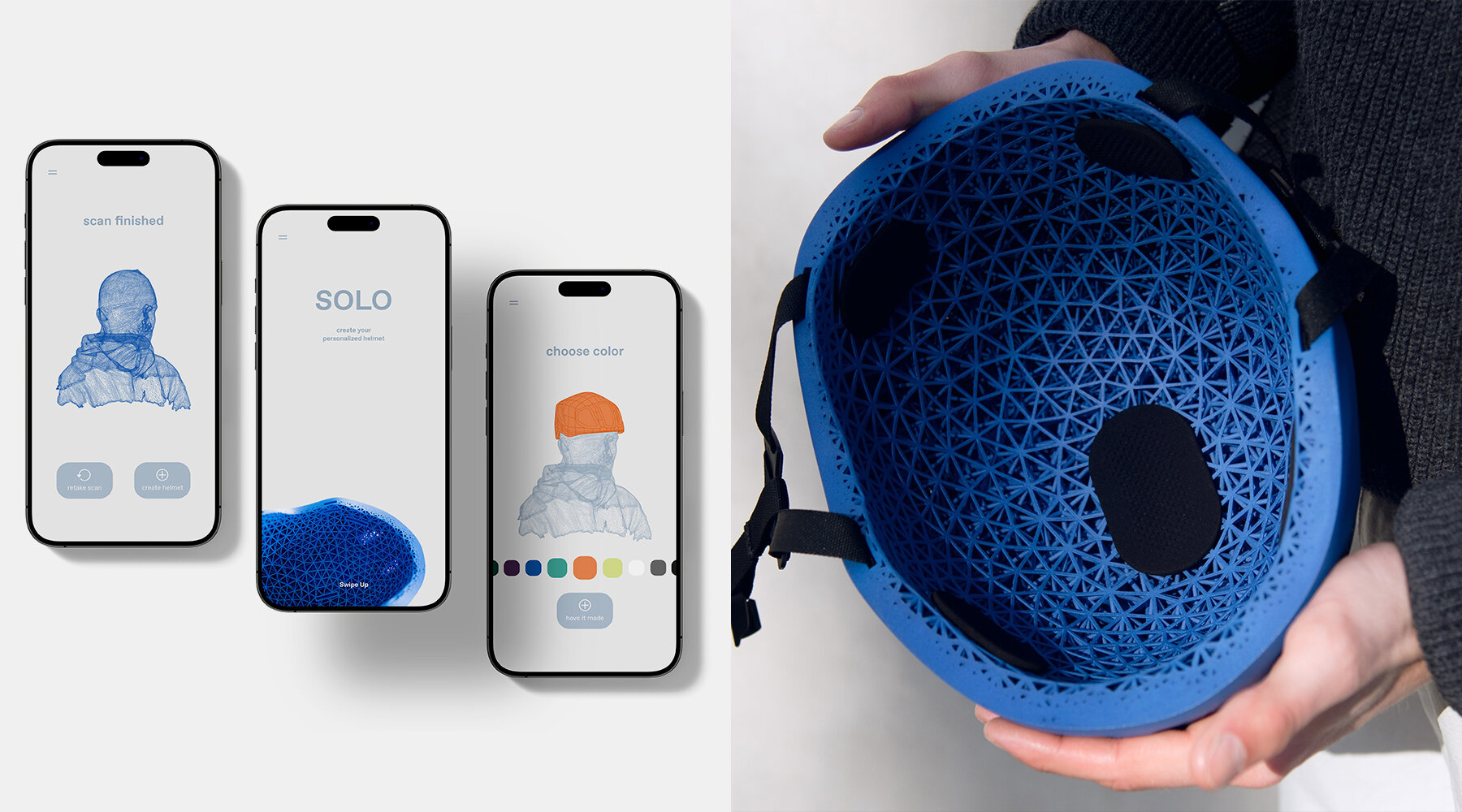
Okara by Jan-Elias Kronberger

Fabulous Fungi: Regenerative Color for a Sustainable Future by Ilse Kremer

KTR: Scalable shelving system made from reused cable trays by Jasmin Bermadinger

Solo by Nils Sorger

SONO by Konstantin Diehl

Looop Can by Cheuk Laam Wong and Margaret Wu
KEEP UP WITH OUR DAILY AND WEEKLY NEWSLETTERS
formation, the italian design studio's first US gallery exhibition, is now on view at friedman benda's new york space.
planned for a september 2025 release, the redesign is present in iPadOS, macOS, watchOS, tvOS, and CarPlay to make all the devices uniform.
connections: +190
the italian information designer explains how her triennale milano installation transforms hard facts into empathetic, organic forms.
connections: +160
celebrating ten years of the designboom shop, we highlight 11 original lamp designs currently available to buy from our global sellers.
connections: +590


















